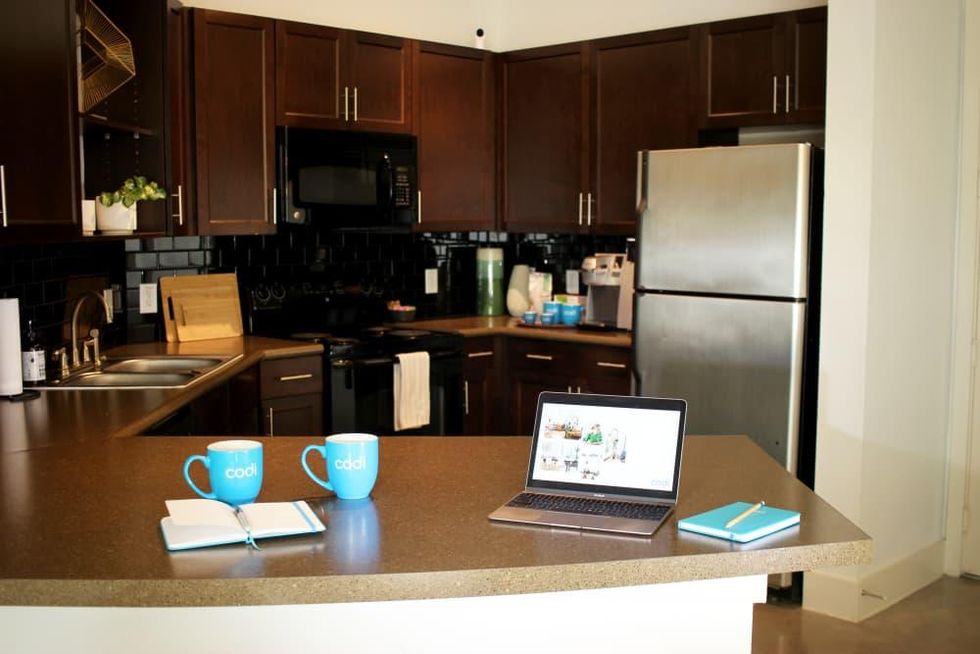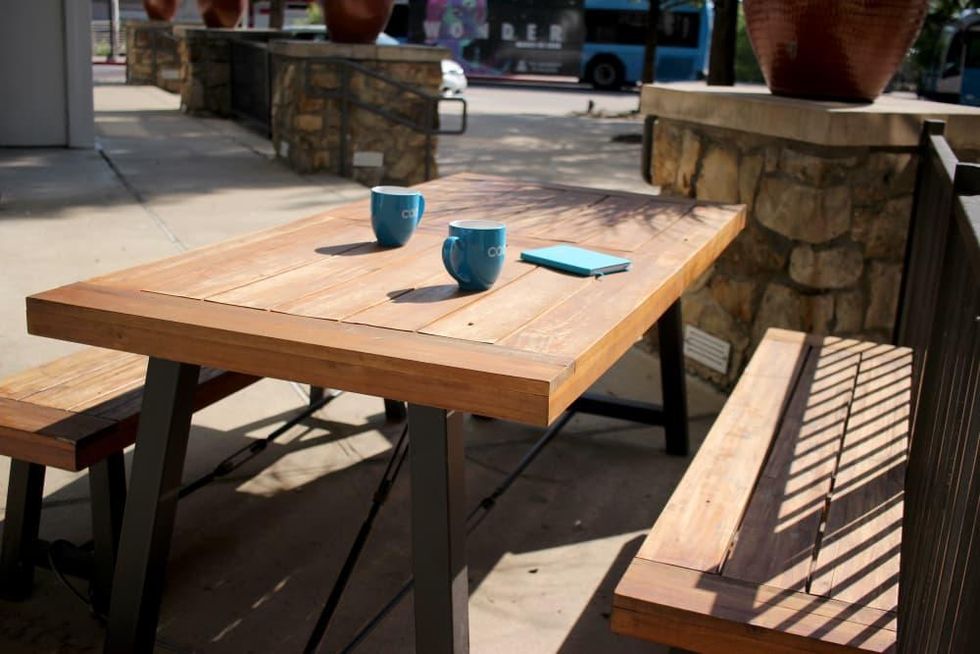Making it work
Airbnb for business works its way into Austin with on-demand office space
An office concept that marries the WeWork and Airbnb business models has landed in Austin.
Codi recently entered the Austin market to provide on-demand workspace. Employers approach Codi to find WeWork-like workspaces for their workers. Codi then recruits local Airbnb-style hosts to create daytime workspaces — in spare residential rooms or garages, for instance — near where the company’s employees live. While the spaces are in private homes, they supply typical office amenities like high-speed WiFi and freshly brewed coffee.
Codi caters to employers with remote or distributed teams of at least five people. By the end of this year, Codi plans to be operating dozens of its work hubs across Austin’s major neighborhoods. The company is eyeing Dallas and Houston for expansion.
“The future of work is greater flexibility and convenience. People want to be productive while balancing family and social life. Technology has made this possible,” says Christelle Rohaut, CEO of Codi. “Codi works because the long-commute model we grew up with is obsolete for most office work. As more companies embrace hybrid work, we’re trying to launch the walk-to-work revolution.”
A single Codi workspace exclusively serves an employer’s workers. Codi rents out the space via monthly subscriptions rather than through leases. For a three-month, five-day-a-week commitment, prices start at $2,000 a month. Codi spaces also can be rented for less than five days a week.
“Our work hubs are typically dedicated to a company on specific days, and workplace managers have the opportunity to customize amenities to fit the company brand and culture,” Rohaut says. “A Codi workspace has the potential to be far more personalized, making it like a dedicated home base of operations for local employees.”
Coder, which operates a cloud-based platform for software development, was the first company in Austin to sign up with Codi. Krista Ratcliff, head of operations, says Coder has no fixed offices or headquarters. It previously occupied space at Frost Bank Tower in downtown Austin.
Codi allows Coder’s two dozen local employees to embrace remote work yet collaborate in person with colleagues, Ratcliff says.
“We really love the paradigm shift that Codi brings: finding workspaces closer to where people actually live, instead of making people trek all over town to get to the office,” says Ratcliff, who works from a Codi space in Northwest Austin with several Coder colleagues. “It’s better for the environment, better for busy working parents, and better for employees who do prefer to work in an office environment.”



